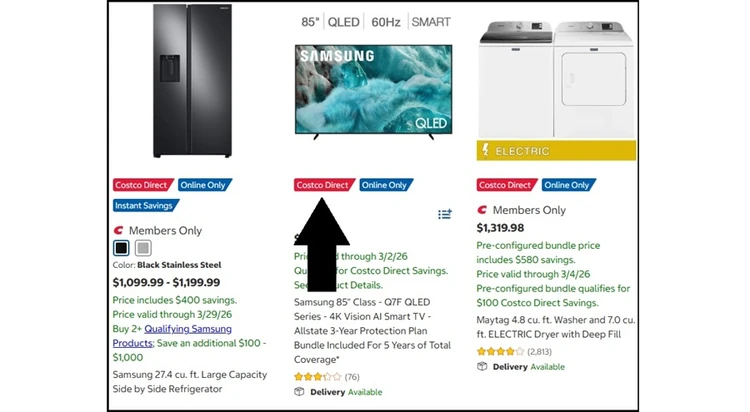A survey shows areas where consumers are not willing to compromise
-
Over half of Americans (56%) have already started cutting back on spending due to recession concerns.
-
40% of Americans have switched to store-brand groceries to save money on essentials amid a potential recession.
-
Over half of Americans (52%) could only cover expenses for 2 months or less if they lost their income. Gen Z (58%) is the most likely to say so.
As the specter of a recession looms over the U.S. economy, Americans are bracing for impact by tightening their wallets and reevaluating spending priorities. A recent survey conducted by CouponFollow offers a revealing look at how over 1,000 consumers are adapting to growing economic uncertainty.
The findings paint a complex picture: while many are cutting back on spending, others are standing firm on purchases they believe are essential to their well-being.
Anxious nation
The mood across the country is one of mounting concern. A staggering 69% of Americans say they feel more financially anxious this year than they did last year, and nearly half (45%) admit they feel unprepared for a potential recession. The financial unease is prompting widespread changes in household economics, including dipping into savings29% have done so in the past six months just to cover everyday expenses.
Generation Z, often lauded for its adaptability and digital fluency, appears especially vulnerable. Over half (58%) of Gen Z respondents said they could only cover expenses for two months or less if they lost their income. Nearly half (48%) said they feel unprepared for a recession, the highest among all age groups.
The illusion of normalcy
In a bid to project stability, many Americans are maintaining appearances even as they scale back. About 1 in 4 respondents (26%) said they're "pretending" to spend normally, though they're actively cutting expenses behind the scenes. This behavior is particularly common among Gen Z, with 40% admitting to putting on a financial faade.
Overall, 56% of Americans reported that they've already begun cutting back on spending due to recession concerns. Tactics range from the practical43% are buying fewer groceries or smaller quantitiesto the strategic, with 40% switching to store-brand products and 38% relying more heavily on coupons and discounts.
What consumers wont sacrifice
Even amid financial strain, not all spending is negotiable. Mental health care, pet essentials, and creative outlets remain budget priorities for manyespecially for Gen Z.
-
Mental health: 27% of Gen Z say therapy or mental health care is a non-negotiable expense.
-
Personal expression: One in five Gen Zers refuses to cut spending on fitness memberships and hobbies.
-
Personal care: 15% of Gen Z find it emotionally difficult to reduce spending on personal grooming, a rate more than double that of Gen X and baby boomers.
-
Pet care, a top priority across all generations, is slightly less sacrosanct for Gen Z (36%) compared to older Americansbaby boomers lead with 44% unwilling to compromise.
Interestingly, travela traditional luxury expensehas become easier to forego for younger Americans. Only 8% of Gen Z cite travel as the hardest thing to give up, compared to 18% of baby boomers.
But in the face of economic stress, Americans are proving resilient. Rather than panic, the survey found many are adopting a pragmatic approach: cutting back where it hurts least, preserving what matters most, and searching for ways to stretch every dollar without sacrificing well-being.
These shifts hint at a broader trend of mindful spending. While a full-blown recession remains uncertain, the emotional and financial recalibration already underway is shaping a more value-conscious consumer. And if the current patterns are any indication, Americansespecially younger generationsare rewriting the rules of budgeting with both survival and self-care in mind.
Sign up below for The Daily Consumer, our newsletter on the latest consumer news, including recalls, scams, lawsuits and more.
Posted: 2025-05-14 11:49:00


















